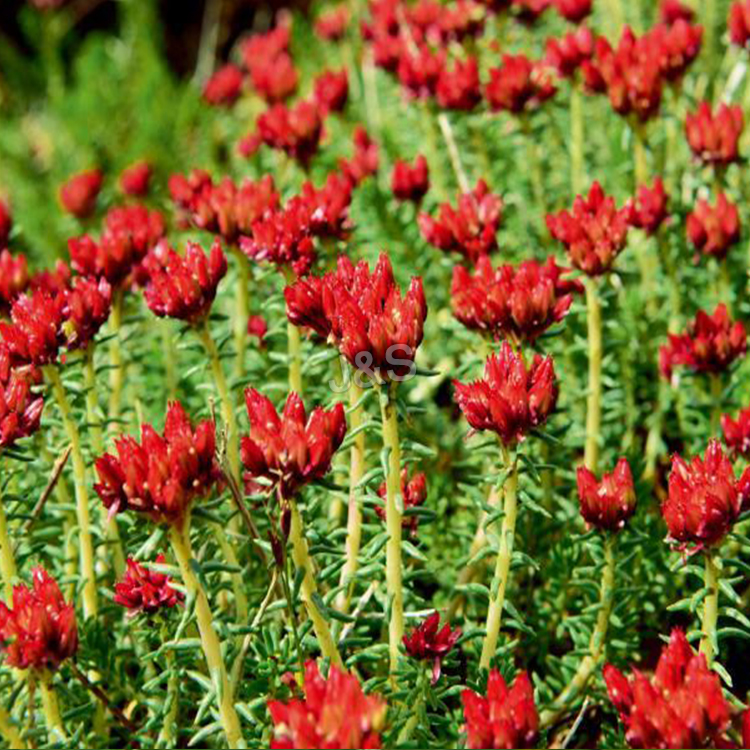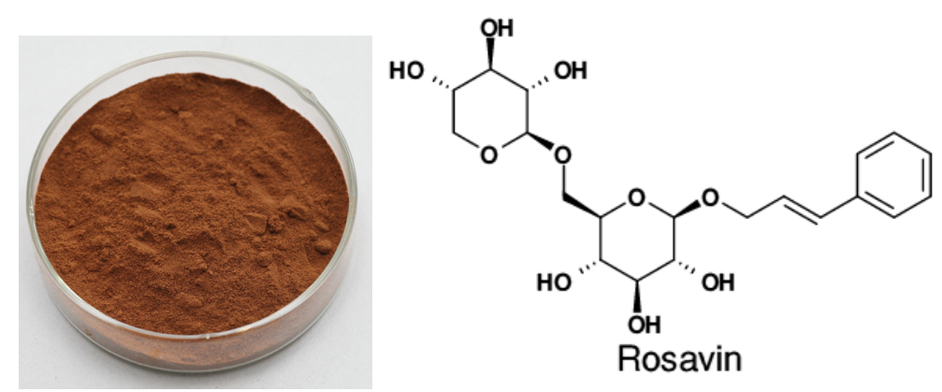What is Rhodiola Rosea?
Rhodiola rosea is a perennial flowering plant in the family Crassulaceae. It grows naturally in wild Arctic regions of Europe, Asia, and North America, and can be propagated as a groundcover. Rhodiola rosea has been used in traditional medicine for several disorders, notably including treatment of anxiety and depression.
What is the benefits of Rhodiola Rosea?
Altitude sickness. Early research shows that taking rhodiola four times per day for 7 days doesn’t improve blood oxygen or oxidative stress in people in high-altitude conditions.
Heart damage caused by certain cancer drugs (anthracycline cardiotoxicity). Early research shows that taking a chemical found in rhodiola called salidroside, starting one week before chemotherapy and continuing throughout chemotherapy, reduces heart damage caused by the chemotherapy drug epirubicin.
Anxiety. Early research shows that taking a specific rhodiola extract twice daily for 14 days can improve anxiety levels and reduce feelings of anger, confusion, and poor mood in college students with anxiety.
Athletic performance. There is conflicting evidence on the effectiveness of rhodiola for improving athletic performance. Overall, it seems that short-term use of some types of rhodiola products might improve measurements of athletic performance. However, neither short-term nor long-term doses seem to improve muscle function or reduce muscle damage due to exercise.
Depression. Early research shows that taking rhodiola might improve symptoms of depression after 6-12 weeks of treatment in people with mild-to-moderate depression.
Post time: Nov-30-2020

